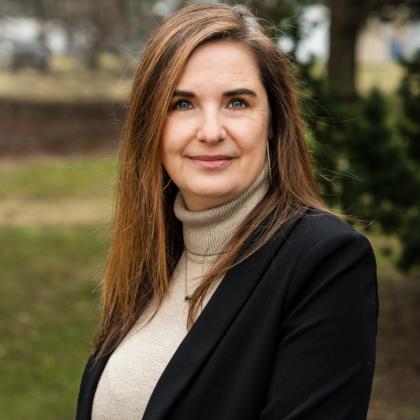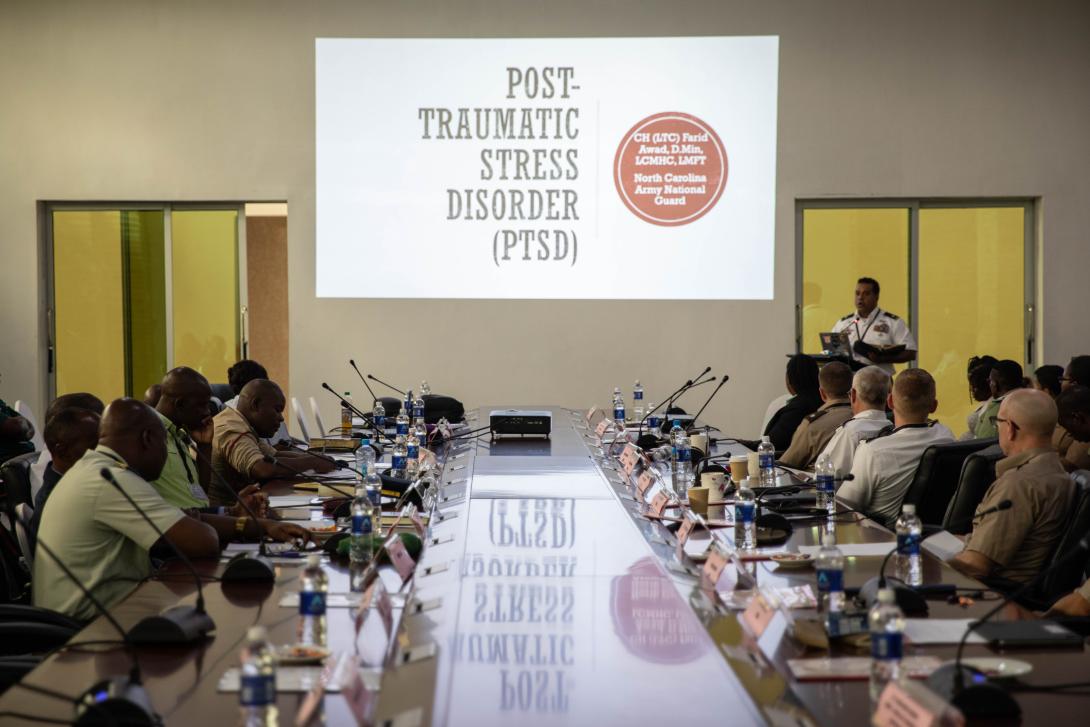From Special Forces to AI-Storyteller
A special forces veteran has found a unique avenue for healing from the scars of his service by leveraging artificial intelligence.
“I served for 12 years in the South African special forces,” said Ronald Campbell, “I did aliyah (immigration to Israel). With Israel, I did five years and spent time with the Sayeret Matkal.”
The Sayeret Matkal is an Israeli elite commando unit similar to the British Special Air Service or the U.S. Green Berets.
Campell served for a total of 17 years in the special forces of two countries during periods of high engagement.
Going through rigorous training and demanding operations programmed Campbell's behavior, he described in an interview with SIGNAL Media. Among the scars he bears is post-traumatic stress disorder (PTSD).
“One action in a heightened state of emotion could affect the rest of your life,” Campbell said. The emotions that result from PTSD are incompatible with life as a civilian.
Part of what Campbell did to change his behavioral patterns and reactions to stress was study, which earned him a doctoral degree in psychology, as well as writing about his life and experiences. And since the appearance of large language models, this has taken a new direction.
Campbell spent months learning how to prompt artificial intelligence (AI) to help him in his writing process.
Veterans are more likely to develop PTSD than civilians. Among veterans, those who deploy are more likely to have PTSD than veterans who do not, according to the U.S. Department of Veteran Affairs; 29% of veterans who served during Operations Iraqi Freedom and Enduring Freedom have experienced it at some point.
Scientific evidence points toward art therapy as an effective way to treat many of the negative psychological aspects associated with trauma. In one study, 89% of participants suffering from PTSD and using this therapy “either fully recovered or met criteria for improvement,” according to a widely quoted research paper.
“As an expressive therapy, whether you're going to be using AI media or not, I think it can be used in a way that, as long as it has that sense of safety, the journaling provides a safe place,” said Anna Mills, a licensed professional art therapist.
The creative process of writing is a beneficial part of the therapy. Publication, with a potential business outcome, is a secondary aspect. For Campbell, it has been a lifestyle, with over a dozen published books. Previously, he spent time advising U.S. members of Congress on anti-terrorism.
Still, the creative process unleashed by AI allows many to participate at quality levels that were unattainable to them before. Writing on a blank page is harder than prompting a model to produce a story with a well-structured narrative, for example.

Whether you're going to be using AI media or not . . . journaling provides a safe place.
As these tools become more sophisticated, Campbell’s case illustrates how learning to prompt large language models (LLM) helps, but the tools should also become available to all users. This author learned on widely available websites like OpenAI’s ChatGPT, but he writes on specific outfits that are fed on the troves of content he has produced.
“I build my whole persona and tone, my personality, and then I write from that aspect; and what I do is also, I put a lot of anecdotes,” Campbell said.
The LLM “knows” the author and picks up his tone, life experiences and other unique factors.
But all technologies have a catch.
When it is easy to write, there is a risk a user could engage in too much of it.
“When someone's recovering from trauma, we don't want to flood,” Mills told SIGNAL Media in an interview.
Mills warned that writing about traumatic experiences should lead to a better quality of life. If that is not the case, professional help is necessary.
Campbell's latest books are available online, including Amazon.





Comments